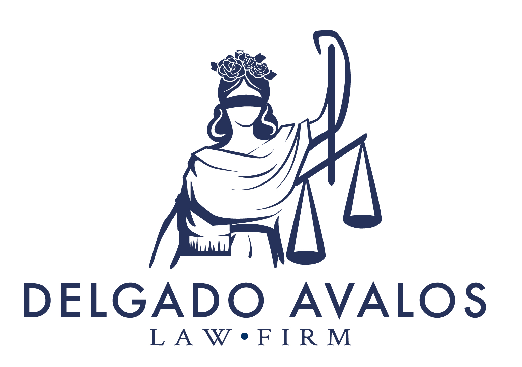Motion to Change Venue Attorney Helping Clients Attend Their Immigration Hearings
In the intricate landscape of immigration, traveling great distances for hearings can be an arduous task. Each hearing may necessitate time off work, childcare arrangements, and the effort and resources to secure transportation to the court. However, if a more convenient court exists where your case can be handled, a motion to change venue could potentially shift the hearing closer to you.
Immigration cases can include dozens of motions, presentations of evidence, witness statements, and multiple hearings. If you need help ensuring that you understand your rights and progress in your case, an immigration lawyer can help. Call Delgado Avalos Law Firm to find out more.
What Is a Motion to Change Venue?
A motion to change venue involves filing a court request for relocating proceedings to another court, often situated closer to your residence or presenting greater convenience for attendance. This motion can also prove beneficial when witnesses reside at a considerable distance from the current court and face challenges or impossibility in attending hearings. Moreover, a change in venue might expedite the case’s progression through the court system.
When Do I Need to Notify Immigration That I Have Moved?
Unless you hold naturalized U.S. citizenship or an A or G visa, relocating necessitates filing a change of address with the U.S. Citizenship and Immigration Services office. Termed AR-11 or Alien’s Change of Address Card, this notice must be submitted within ten days of establishing a new residence. This step is pivotal in ensuring your correct address is on record, helping to ensure the receipt of all notices and immigration documentation.
Generally, filing the change of address online is the norm. Existing online account holders with U.S. Citizenship and Immigration Services can update their details there. Alternatively, submitting the AR-11 form online through the agency’s website is an option. For specific cases such as trafficking victims, abuse survivors, and crime victims, a paper AR-11 submission is applicable. If you are uncertain about the suitable approach, consult an immigration attorney.
What Does a Motion to Change Venue Need to Include?
When you are filing any legal motion, it’s imperative to ensure that it includes all necessary information and meets the standards of the court. The most prudent strategy is to engage an attorney to draft and file the motion. A motion to change venue should encompass:
- The date of your next hearing
- A completed Change of Address form, if applicable
- Your current address and phone number
- A statement that you deny any allegations that were in the Notice to Appear, if applicable
- Documentation that shows proof of your new address, if applicable
- Your country of origin or a reason why you don’t wish to provide the court with that information
- The reason you wish to change the venue
If you’re not sure what documentation may be required or how to support your change of venue request, call our office to speak to an immigration attorney.
How Far in Advance of a Hearing Do I Need to File a Motion to Change Venue?
Everything in the court system takes time, and this includes the judge reviewing your change of venue request and rendering a decision. In general, you will need to file the motion at least 15 days before the next hearing. If you know that you want to request a change in venue before that, it’s always a good idea to give the courts as much time as possible. Such a proactive stance could enhance the likelihood of the motion being granted, potentially facilitating its inclusion in the alternative court’s docket.
What Happens If a Change of Venue Request Is Denied?
Keep in mind that a motion to change venue is a request and not a guarantee. If your request is denied, avenues for recourse exist. You can resubmit the motion, particularly if the initial denial resulted from incompleteness or improper formatting. Alternatively, an appeal against the denial can be a path forward. Lastly, acceptance of the denial and adhering to the original venue’s schedule is a viable course of action. The choice among these alternatives hinges on your specific case and the motive behind your original motion. Your attorney will extend guidance on the most suitable course of action and subsequent steps in the event of an irrevocable venue change denial.
When you’re dealing with immigration, you need the assistance of a qualified immigration lawyer. Call Delgado Avalos Law Firm at 805-793-0647 to connect with a motion to change venue lawyer and get help with your case.

 Call Us Now
Call Us Now Email Us Now
Email Us Now


